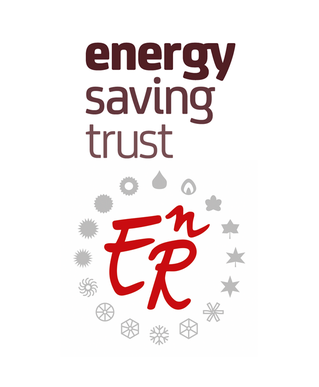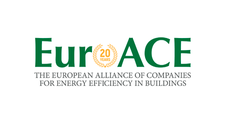Search eceee proceedings
Self-sufficient microgrid – Feasibility study on Atlantech low carbon district
Panel: 5. Smart and sustainable communities
Authors:
Valentin Gavan, ENGIE Lab CRIGEN; Lab Future Buildings and Cities, France
Anne Rostaing, Atlantech
Anthony Partaloglu
Cristian Muresan, ENGIE Lab CRIGEN, France
Abstract
A microgrid is an energy supply network built around local power and heat generation facilities. It is designed to operate autonomously or in synchronization with a national grid within a clearly defined area based on a local control strategy. A microgrid is typically a set of components such as : renewable energy sources (solar, wind or biomass) and energy storage solutions (batteries, hydrogen storage, mechanical storage, etc.) coupled with fossil fuel energy sources to ensure grid stability.
Microgrids offer an alternative for safeguarding power dependability by integrating and automating decentralized energy resources. They have become properly competitive as a result of technological progress and competitive prices of certain key components, such as photovoltaic modules, batteries and power control systems. Moreover, local communities are progressively involved in investing in green solutions at the district level and the idea of self-sufficiency is more and more driven by economical aspects but also by sustainability reasons.
The object of the present article is to investigate the self-sufficiency conditions within different technological scenarios on a low carbon district. Atlantech is a district near to the city of La Rochelle (France) that is designed and operated as a low carbon district around a refurbished building stock. It is a forerunner district in the areas of sustainable development, soft mobility and eco-design. The district possesses a particular energy and sustainability policy which set-ups the ambitions of Atlantech focussed on the design and operation of a self-sufficiency microgrid based on massive PV production (ground PV and building integrated). Atlantech district is composed by high efficient buildings (dwellings and offices) refurbished in order to fulfil the requirements of the Energy+Carbon- label in France (from Net Zero Energy Buildings to Positive Energy Buildings). More than 4 MW of PV capacity will be progressively installed (above 40 % ground mounted and 60 % as building integrated PV).
The investigation of the different technological scenarios was conducted by using dynamic energy simulation. A structured approach was developed beginning with the energy demand assessment (heating, cooling and refrigeration, electrical appliances, etc.). The approach was completed by the local compensation of uses (e.g. share the energy between office residential buildings) while balancing the massive energy production from renewable sources and the storage.
Soft mobility based on electrical and hydrogen vehicles coupled with additional stationary batteries and hydrogen storage was inspected and considered as a promising way to balance the microgrid. Functional and financial KPIs, such as the capital expenditure, were investigated for all the proposed scenarios. A self-consumption rate above 45% could be reached only by using an appropriate compensation of thermal usages (heating and cooling via electric heat pumps) and electrical appliances as a base load.
According to the analysis, hydrogen solutions (electrolyser + hydrogen storage + fuel cell) are mandatory in order to tackle the lowest investment for 100 % rate of self-consumption. A storage solution based only on electrical batterie becomes prohibitive because of exponential increase of batteries price beyond 72% of self-consumption.
Success on a global scale of microgrids will depend on many country-specific factors, like energy policy and regulations. If optimized effectively, the microgrids could serve as a focal point in the local drive to adopt renewable energies and could play a vital part in supporting efforts to energy transition and meet climate targets. The technical solution explored in this article is particularly interesting in France were the rate of renewable is one of the lowest in Europe (above 10 % compared with the European champions that are tackling 55 %).
Downloads
Download the display as pdf: 5-410-19_Gavan_display.pdf
Panels of
1. The dynamics of limiting (energy) consumption
2. What's next in energy policy?
4. Monitoring and evaluation for greater impact
5. Smart and sustainable communities
7. Make buildings policies great again
8. Buildings: technologies and systems beyond energy efficiency
9. Improving energy efficiency in ICT, appliances and products

























